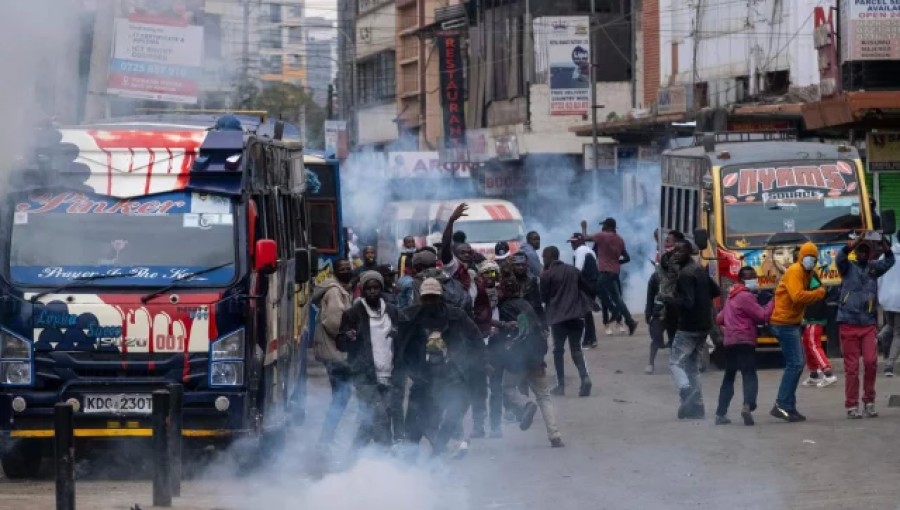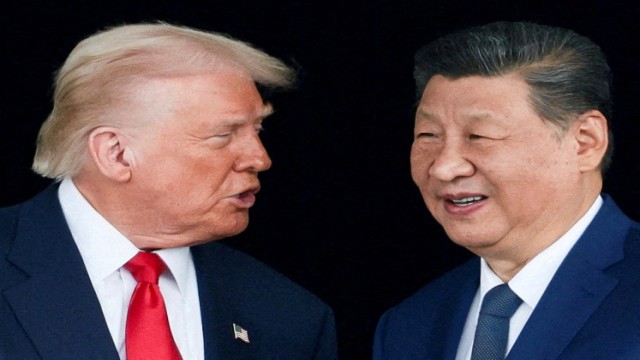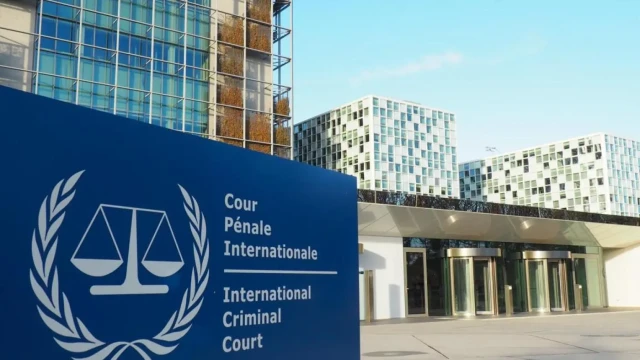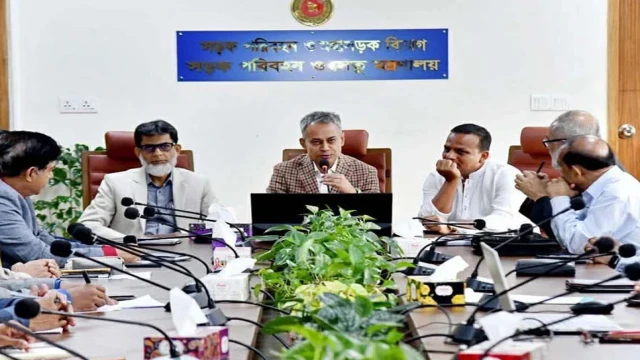Nairobi, Sep 04 (V7N)— Kenya has been facing escalating unrest in recent months, and the situation has intensified with the latest protests against the Indian conglomerate, Adani Group. Following a wave of massive demonstrations demanding the resignation of President William Ruto, the country's focus has now shifted to the potential takeover of Nairobi's Jomo Kenyatta International Airport by the Adani Group.
The Adani Group, led by Indian billionaire Gautam Adani, has expressed interest in managing the airport as part of a public-private partnership. According to local media reports, the group has already established a branch in Kenya, sparking immediate concern among the nation's aviation workers. The Kenya Aviation Workers Union, responsible for overseeing the country's aviation labour, launched a strike on Monday in response to fears of widespread layoffs if Adani's bid is successful.
Workers are particularly worried about job security, as many believe that Adani's control of the airport could lead to significant job cuts. Despite assurances from the Kenyan government that the airport is not being sold outright, and that the partnership arrangement is still undecided, the anxiety among the workers has not diminished.
This situation has also caught the attention of Indian political leaders, with Congress spokesperson Jairam Ramesh expressing concerns about the potential repercussions for India. In a statement on social media, Ramesh highlighted the risks of the protest turning into broader public anger against the Indian government, especially given the close ties between Prime Minister Narendra Modi and Gautam Adani.
Ramesh pointed out that similar controversies involving Adani Group projects in Sri Lanka and Bangladesh have previously led to significant public unrest, negatively impacting India's national interests. In Bangladesh, for instance, an agreement to purchase power from Adani's coal-fired plant in Jharkhand became a focal point for protests demanding the resignation of Prime Minister Sheikh Hasina. Similarly, Adani's renewable energy projects in Sri Lanka sparked protests in 2022, contributing to political instability in the region.
The protests in Kenya represent another potential flashpoint for Adani Group's international ventures. Earlier this year, the group made a substantial offer of $750 million for the management of Jomo Kenyatta International Airport. The proposal includes the construction of a new terminal, renovation of taxiways, and additional infrastructure projects, with a completion target of 2029. Adani has also proposed the development of a business centre and hotel in Nairobi, along with a $9.2 million project for further improvements.
The ongoing protests and strikes in Kenya underscore the deep concerns of the local workforce and the potential political fallout of Adani's international ambitions. As the situation develops, the Adani Group's plans in Kenya are likely to face continued scrutiny, both domestically and abroad.































Comment: